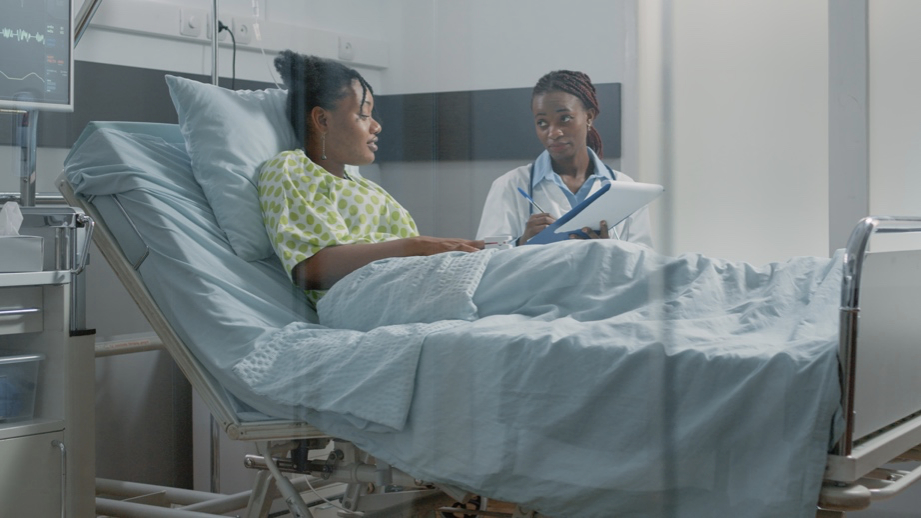Getting Healthy Before Surgery
February 10, 2022
About 95% of the world population will receive some type of surgery in their lifetime, so it’s important to know how to prepare for surgery. Getting as healthy as possible before surgery can help speed up your recovery time, as well as decrease the chance of complications after the procedure. In this article, we’ll discuss what preparing for surgery should look like depending on your current health and habits.
Preparing for Surgery
Preparing for surgery, even a week or two in advance, will help immensely with your post-surgery recovery. After most surgeries, patients are encouraged to walk as soon as possible to boost their mood and improve circulation. If you’re not accustomed to exercise, it might be a good idea to start taking walks in the days or weeks leading up to your surgery. If you are having surgery on a lower extremity that is painful, you might consider cycling or swimming if that would be available in your situation. In addition, stay hydrated, focus on eating balanced meals, and consider adding a little more to your plate if you are not obese. Surgery increases stress, which can use up valuable nutrients that you’ll need to help you heal post-surgery.
If you’re a heavy drinker or smoker, quitting even days before your surgery can help. Smoking marijuana or tobacco, drinking alcohol, or using narcotics could affect how you react to anesthesia. Being honest with your doctor about your medications and drug use is very important to a safe and healthy recovery. It’s also important to be honest about your current health and health background, including your family history.
On the day of your surgery make sure to bring your glasses if you need them, along with a bag of essentials such as a comb, brush, card with family/friend phone numbers, or gum or chews if your physician approves. You may want to bring a book or crossword puzzle assortment if you will be admitted for overnight. Cell phones and tablets could be potential aids but can be mis-placed, lost, forgotten, and rarely stolen so it is sometimes better that you use a back-up device or give the device to a person who the hospital or surgery center will authorize to visit you in person. That person can then restore the device to you when you are recovered enough to use it after surgery. You would not want to bring any jewelry or valuables as they will not be helpful to you and could be misplaced. Having a photo of a friend or relative in your belongings could provide a visual reminder of those who are looking forward to your recovery and a symbol of encouragement.
Questions To Ask While Preparing for Surgery
Part of getting healthy before surgery includes ensuring your mind is healthy. It’s not healthy for patients to be stressed when going into surgery, especially when surgery itself can be a huge source of stress. It might ease your mind to understand more about the procedure and what to expect from recovery. Never be afraid to ask your doctor or surgical team questions—their job is to help you. Most physicians can direct their patients to reliable internet sites that can be helpful.
Getting both your mind and body prepared before surgery will benefit you immensely during recovery. It’s also important to choose a facility that you’re confident will support you after the surgery is complete. The team at the Bone and Joint Center of Yuma is dedicated to our patients’ health, both before and after surgery. If you’re preparing for surgery, learn more about the areas we specialize in, or contact us to request an appointment.